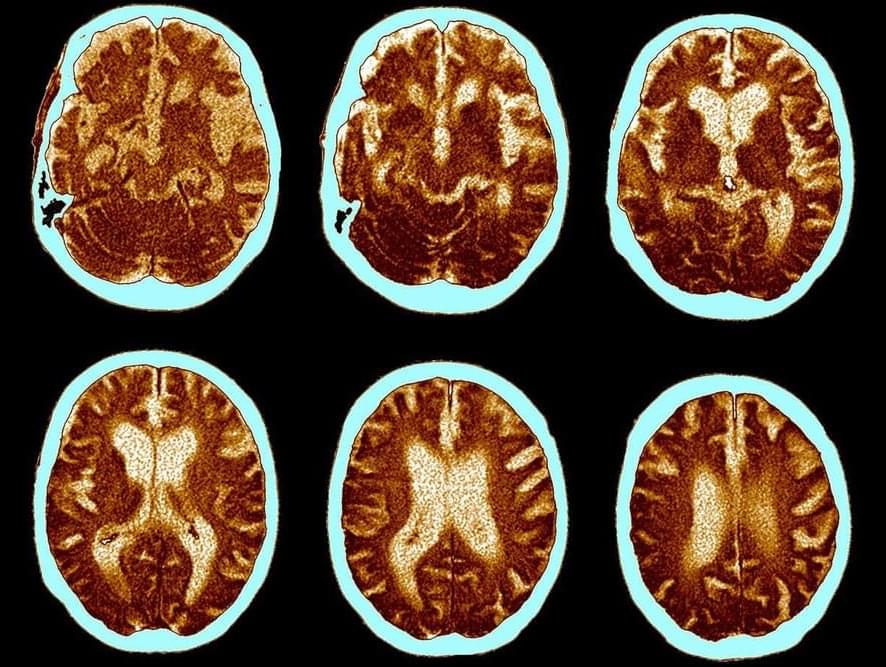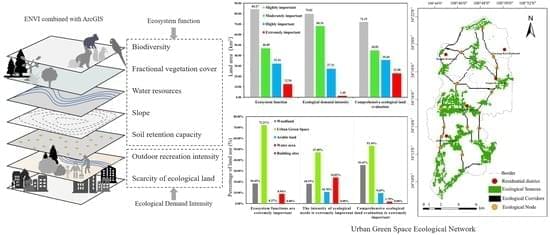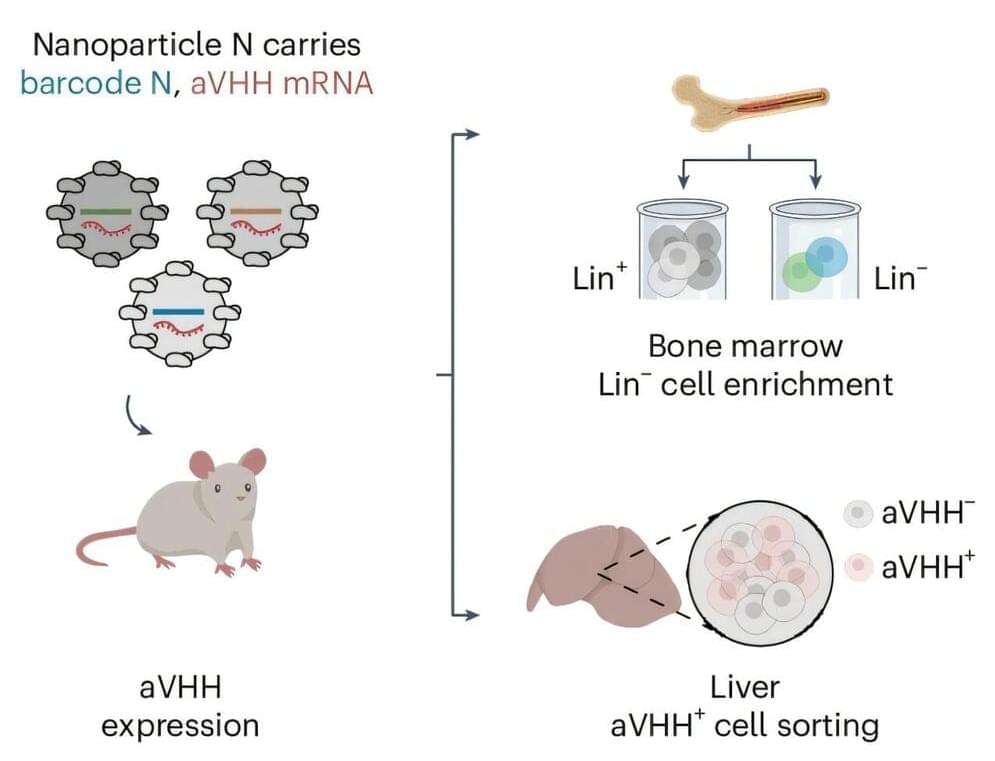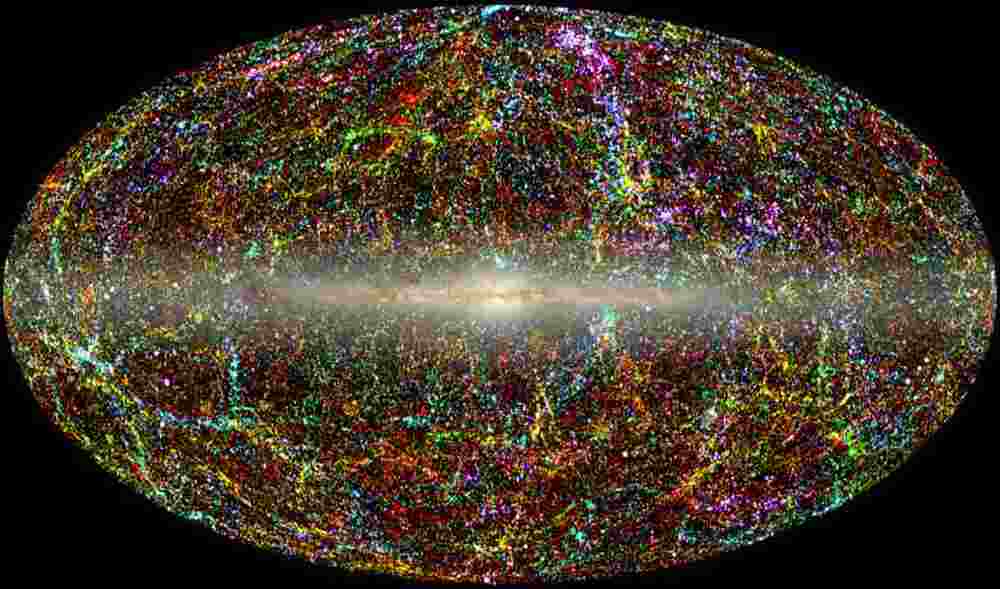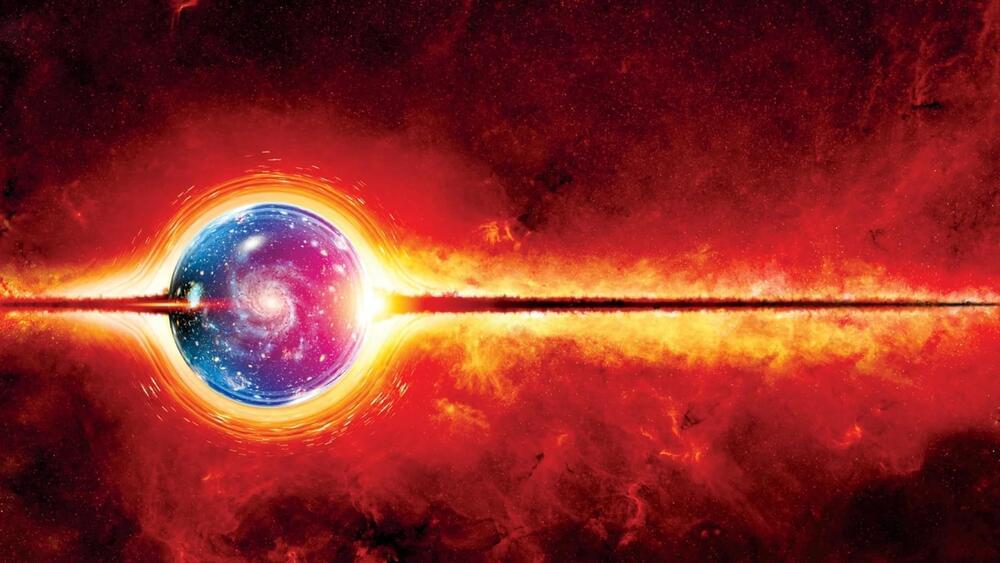Dec 26, 2024
Breakthrough Brings Body-Heat Powered Wearable Devices Closer to Reality
Posted by Shubham Ghosh Roy in categories: computing, mobile phones, wearables
A QUT-led research team has developed an ultra-thin, flexible film that could power next-generation wearable devices using body heat, eliminating the need for batteries.
This technology could also be used to cool electronic chips, helping smartphones and computers run more efficiently.
Professor Zhi-Gang Chen, whose team’s new research was published in the prestigious journal Science , said the breakthrough tackled a major challenge in creating flexible thermoelectric devices that converted body heat into power.


